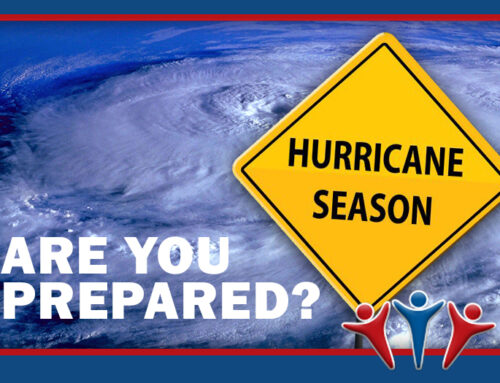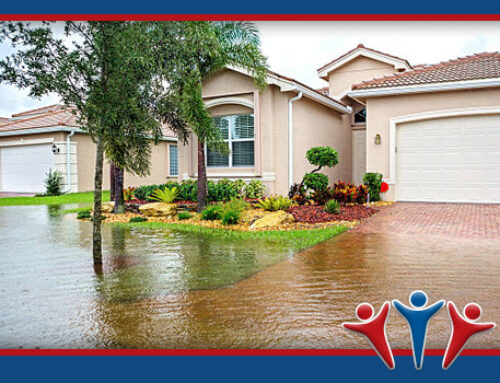We live in a boating paradise, but unfortunately there are lives lost, passengers injured, and property damaged each year on the water because of preventable accidents. Here is some helpful information that will assist you in staying prepared before the unexpected occurs:
- Carry Boat Insurance. Some people assume their home insurance policy is all that’s needed to protect their boat, which is not true. In fact, if your home insurance provides any coverage at all, this protection will be limited and may not cover injuries or accidents while you’re on the water. If you cause an accident or get into one with an uninsured or underinsured operator, you may be held responsible to cover related expenses, such as repairs, property damage, medical bills, lost wages, legal fees and more. The proper boat insurance policy will address these risks – see our boat insurance page at https://joynerinsurance.com/boat-insurance.
- Vessel safety check. Have your boat’s operating systems checked at least once a year by a certified marine technician. The Coast Guard Auxiliary and United States Power Squadrons also offer free vessel safety checks – visit www.vesselsafetycheck.org.
- Boater Education. Many boating safety courses are offered throughout the country, for all types of recreational boaters, and for boaters of all ages. Qualified volunteer organizations, such as the U.S. Coast Guard Auxiliary and U.S. Power Squadron, sponsor many courses, and many state boating agencies also provide classes.
- On Board Precautions. When you’re out on the water, make sure your gas tanks are vented and bilges are free of vapors, oil, waste and grease. Carry a fire extinguisher and keep it charged.
- Wear a Life Jacket. The U.S. Coast Guard estimates that life jackets could have saved the lives of over 80 percent of boating fatality victims. Accidents can, and do happen with terrifying speed on the water. There’s rarely time to reach stowed life jackets.
- Be Careful of Carbon Monoxide. Carbon monoxide (CO) can harm you – and potentially kill you – inside or outside your boat. Everyone on your boat should be aware of the risks of CO and the symptoms of CO poisoning. To protect yourself and your passengers, install and test a battery-operated CO detector in your boat, and schedule professional engine and exhaust maintenance on a regular basis. Turn off your engine when there are people in the water and don’t let passengers “ski” by holding on to the back of the boat.
- Have a Hurricane Plan. Where will your boat be stored during a hurricane? Who will secure it? These are just a few of the questions you should consider before storm season is upon us.
- Download the US Coast Guard Mobile App: https://uscgboating.org/mobile/





